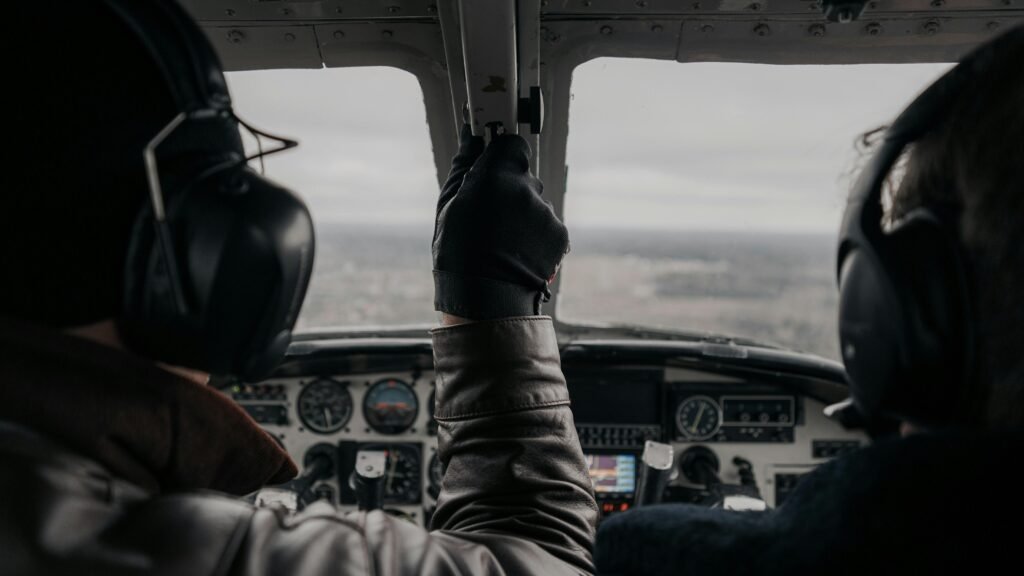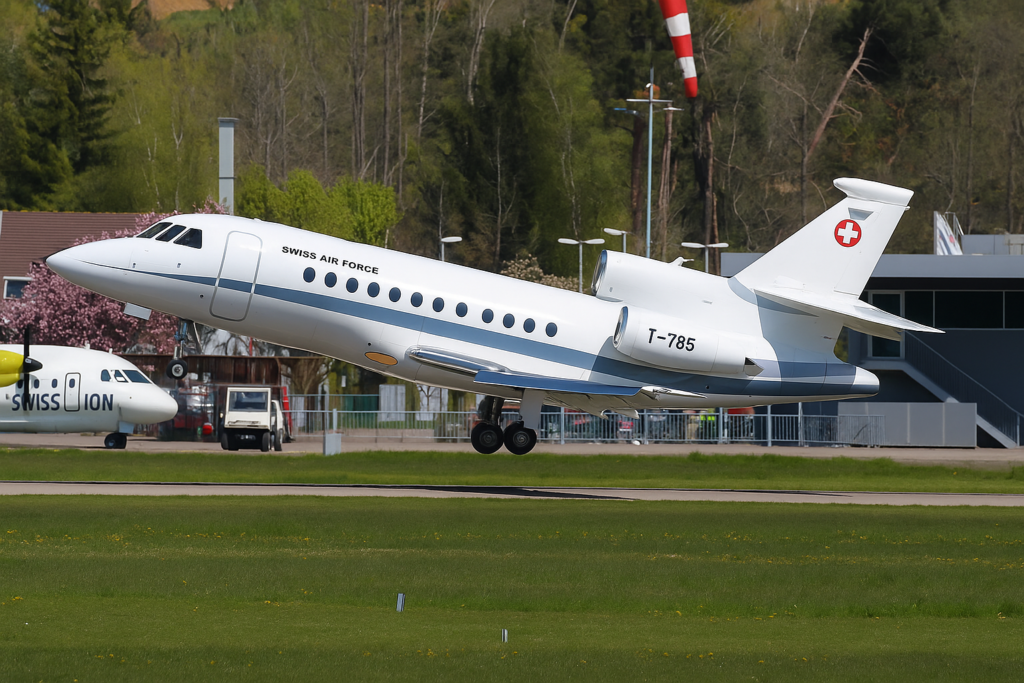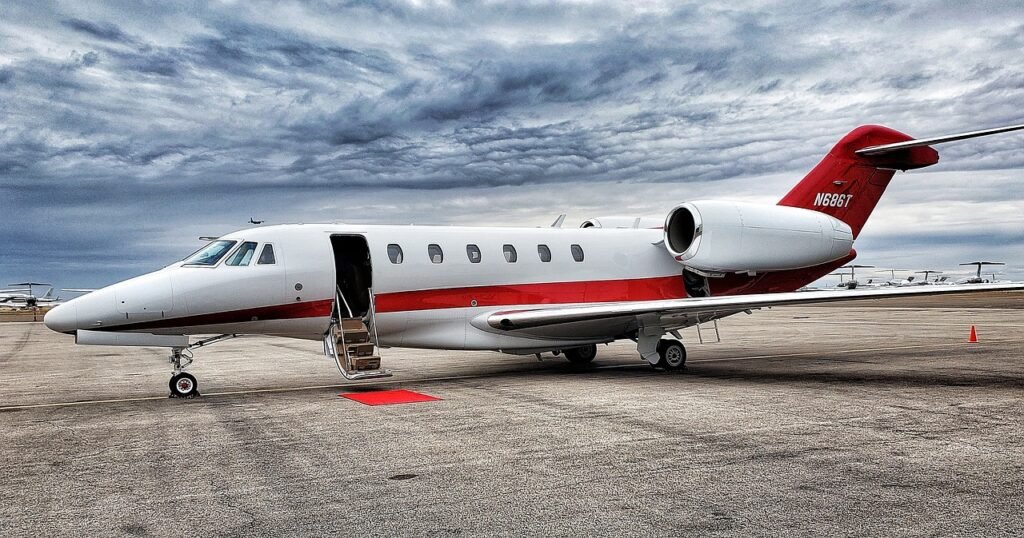Becoming a private jet pilot is a dream job for many, offering the thrill of flying sleek, luxurious aircraft while catering to an exclusive clientele. But beyond the allure, the big question remains: Can private jet pilots make good money? The answer is a resounding yes—but the earning potential depends on several factors, from experience and employer type to flight hours and additional perks.
Let’s break it down and explore what it means financially to be a private jet pilot.
How Much Do Private Jet Pilots Earn?
Private jet pilots typically earn more than their commercial counterparts, especially at the higher end of the pay scale. According to industry data:
1. Entry-level pilots: Earn between $50,000 and $80,000 annually.
2. Mid-level pilots: With 5-10 years of experience, salaries range from $80,000 to $150,000.
3. Top-tier pilots: Highly experienced pilots flying large jets or working for ultra-wealthy clients can earn $200,000 or more annually.
These figures vary depending on factors such as the aircraft type, employer, and region. Pilots flying heavy jets usually command the highest salaries. This article can be a great resource on this topic – Private Jet Pilot: Salary Guide
Factors That Influence Salary
Private jet pilot salaries vary widely, influenced by several key factors. One of the most significant is the type of aircraft flown. Pilots operating larger, more complex jets, such as the Gulfstream G650 or Bombardier Global 7500, typically earn more than those flying smaller, light, or midsize jets. The complexity of these aircraft and the expertise required to operate them often command higher pay.
Another major factor is the type of employer. Pilots working for charter companies, which provide on-demand flights, may earn a consistent salary or be paid per flight. Those employed by corporate flight departments often enjoy higher salaries along with added benefits such as health insurance and retirement plans. Pilots flying for ultra-wealthy individuals can also earn substantial salaries, particularly if they are responsible for managing the aircraft’s operations or are on call for the owner.
Flight hours and schedules play a crucial role as well. Unlike commercial airline pilots, who adhere to regular schedules, private jet pilots often experience more variability in their work. While the unpredictability can be a challenge, it usually comes with fewer flight hours and potentially a better work-life balance. Geography matters too—pilots in regions like North America or the Middle East generally earn more due to higher demand and regional cost of living.

Requirements to Fly Private Jets
Becoming a private jet pilot involves meeting stringent requirements. The foundational step is obtaining a Private Pilot License (PPL), which allows individuals to fly small aircraft. Pilots must then earn a Commercial Pilot License (CPL), enabling them to fly professionally. In addition, an Instrument Rating (IR) is essential, as it qualifies pilots to fly in various weather conditions using cockpit instruments alone.
For those flying larger jets, a Multi-Engine Rating is necessary, allowing the operation of aircraft with more than one engine. Most private jet pilots also pursue an Airline Transport Pilot (ATP) License, the highest level of certification, which is often required by high-profile employers.
Beyond basic licenses, many pilots must complete type ratings for specific jet models, such as the Bombardier Challenger or Gulfstream series. Type ratings certify that a pilot is trained to operate a particular aircraft type safely. Finally, private jet pilots must accumulate a significant number of flight hours—typically around 1,500 to 3,000 hours—before they are eligible to fly high-end jets. This experience demonstrates proficiency and ensures the pilot can handle the unique demands of private aviation.
Additional Perks and Benefits
In addition to their salaries, private jet pilots often enjoy numerous perks that enhance their compensation package. Travel is a significant benefit, with many pilots staying in luxury hotels and visiting destinations worldwide. Bonuses and tips are another key advantage; ultra-wealthy clients frequently tip generously, sometimes offering thousands of dollars for exceptional service.
The job also offers flexibility that many commercial pilots don’t experience. Schedules can be more adaptable, allowing for more time off between flights. Additionally, flying high-profile clients can provide networking opportunities that might open doors to unique career advancements or entrepreneurial ventures. These perks make the role of a private jet pilot not only financially rewarding but also rich in experiences and personal connections.
How to Maximize Earnings as a Private Jet Pilot
Private jet pilots looking to maximize their earning potential can take several strategic steps. Obtaining advanced certifications, such as an Airline Transport Pilot (ATP) license or specific type ratings for high-end jets, significantly increases a pilot’s market value. Gaining diverse experience by flying multiple jet types or handling international flights can also make a pilot more desirable to employers.
Reputation is everything in private aviation. Building a strong network through reliability, professionalism, and discretion can lead to more lucrative job offers. Some pilots opt for freelance or contract work, which often pays higher rates per flight. However, this approach requires managing one’s own benefits and insurance, making it essential to weigh the pros and cons carefully.
Ultimately, the ability to increase earnings comes down to continuous skill development, strategic career moves, and maintaining a stellar reputation in the industry.



